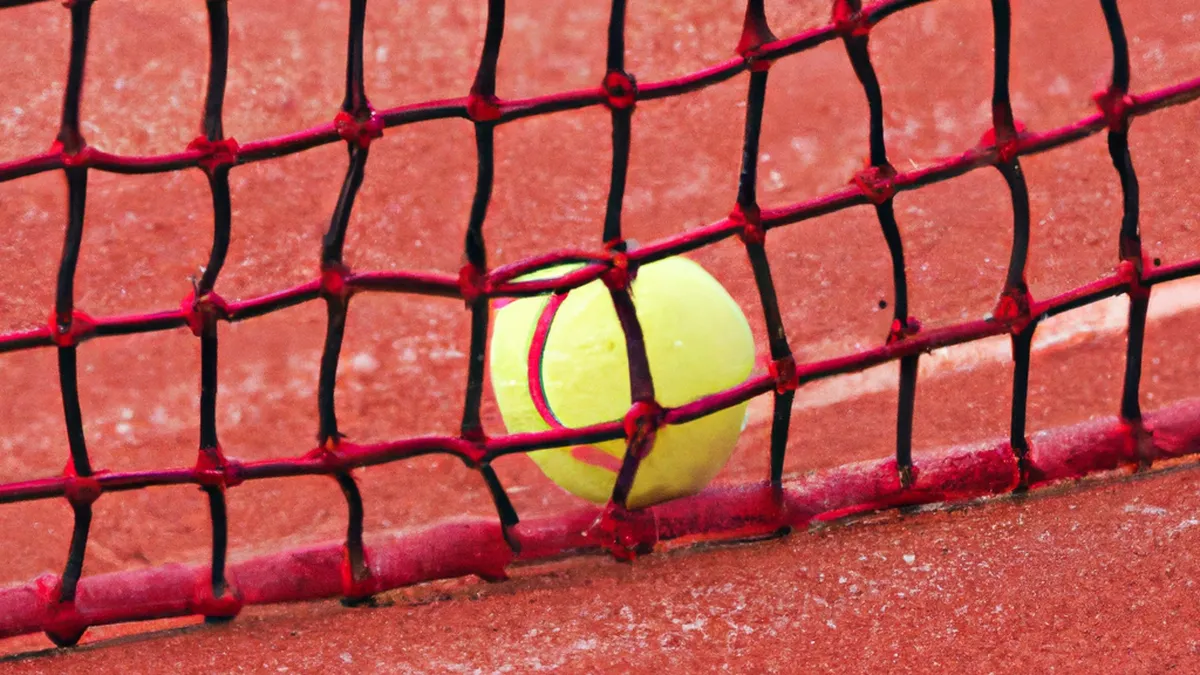Volley Breakdown: Drills for Success
Developing a Reliable Volley TechniqueIn tennis, volleys often decide matches. A well-executed volley pressures your opponent and shifts momentum in your favor. Many players struggle with volley technique, causing missed opportunities. This guide offers essential tips to develop a reliable volley technique.
Understanding the Basics of Volleying
Understand the fundamentals of volleying before learning specific techniques. A volley occurs before the ball bounces on your side. This technique requires precise timing, placement, and solid positioning.
Grip for Success
Your grip greatly impacts your volley effectiveness. The continental grip works well for most volley situations. This grip allows quick adjustments for various incoming shots. Hold the racket as if shaking hands, placing your index finger’s base knuckle on the second bevel. This grip supports natural movement for both forehand and backhand volleys.
Footwork Fundamentals
Good footwork is crucial for effective volleying. Position yourself three to four feet from the net. This distance enhances control and timing, preventing rushed shots. Bend your knees slightly and stay on the balls of your feet. This athletic stance prepares you for quick, lateral movements. Maintaining this posture helps you respond effectively to your opponent’s shots.
The Swing Mechanics
As an Amazon Associate I earn from qualifying purchases.
Gear tip: consider tennis racket, tennis balls, and overgrip to support this topic.
Now, let’s examine volley swing mechanics. Start with your racket in front of you at waist height. Extend your non-dominant hand toward the net to guide your racket. This position keeps your racket ready for action.When the ball approaches, step forward with your opposite foot. This movement generates power and stability, allowing body weight transfer into the shot. Aim to contact the ball at waist height for improved accuracy. Hitting at this height helps you direct the ball effectively.
Short, Controlled Swings
Players often make the mistake of using large, sweeping motions. Instead, focus on a short, controlled swing. The volley resembles a punch rather than a full swing; prioritize precision over power. A compact motion allows quicker reactions and better control over the ball’s trajectory.As you make contact, ensure your racket face remains slightly closed.
Conclusion
In summary, mastering volley technique requires understanding grip, footwork, swing mechanics, and controlled motions. Implement these tips to enhance your performance on the court.
Below are related products based on this post:
FAQ
What is a volley in tennis?
A volley in tennis occurs when a player hits the ball before it bounces on their side of the court. This technique is crucial for maintaining pressure on the opponent and can significantly influence the outcome of a match.
What grip is recommended for volleys?
The continental grip is highly recommended for most volley situations. This grip allows players to make quick adjustments for various incoming shots and supports natural movement for both forehand and backhand volleys.
Why is footwork important for volleying?
Good footwork is essential for effective volleying as it enhances control and timing. Positioning yourself correctly at a distance of three to four feet from the net allows for better reactions and prevents rushed shots.















Post Comment